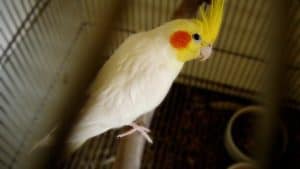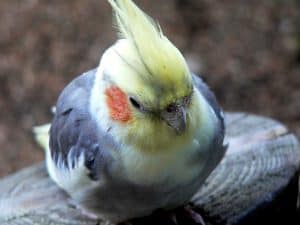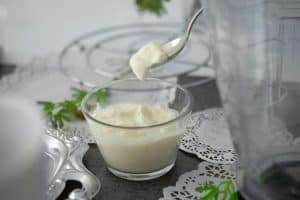As a cockatiel owner, you may have noticed the fine dust that seems to magically appear around your bird’s cage and in the surrounding area. This dust is commonly referred to as cockatiel dust, bird dust, or feather dust, and it is a natural byproduct of your pet bird’s grooming and preening habits. The million-dollar question is – is cockatiel dust harmful?
For most people, the dust particles are not harmful; however, for individuals with allergic reactions or respiratory problems, it can cause discomfort and health issues. This article will discuss cockatiel dust, its potential harmful effects, and ways to reduce and manage the dust around your home.
Understanding Cockatiel Dust
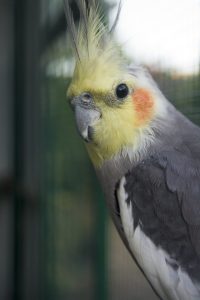
Cockatiel dust is produced when the bird separates the barbules in their feathers, releasing a fine white powder made up of tiny particles. These dust particles are airborne particles, which can easily spread throughout the living space. Cockatiels, along with some other birds like African Greys, are known as “dusty birds” due to their excessive dust production compared to other bird species.
Is Cockatiel Dust Harmful for You or Your Bird?
For most pet bird owners, exposure to cockatiel dust is generally harmless. However, some individuals may experience allergic reactions such as allergic rhinitis or asthma flare-ups. For those with pre-existing respiratory issues or sensitivities, exposure to cockatiel dust can also lead to more significant respiratory problems, such as hypersensitivity pneumonitis or parrot fever. Prolonged exposure can even cause respiratory infections in some cases.
How to Reduce Cockatiel Dust
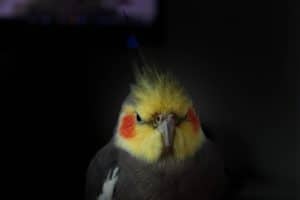
If you’re concerned about the accumulation of cockatiel dust in your home, there are several steps you can take to reduce bird dust and improve the air quality in your living space.
1. Clean Your Cockatiel’s Cage Regularly: Regular cleaning of your cockatiel’s cage is essential in preventing excessive dust accumulation. Remove debris and droppings, make sure to change the paper lining, and thoroughly clean food and water dishes. Additionally, cleaning the perches and toys in your bird’s living area can help to reduce airborne dust.
2. Give Your Cockatiel Regular Baths: Providing a shallow dish of water or using a spray bottle filled with water will encourage your cockatiel to bathe. Regular baths will help to keep your cockatiel’s feathers clean and reduce the amount of dust they produce.
3. Use an Air Purifier: Air purifiers with HEPA (High Efficiency Particle Arresting) filters are particularly effective at filtering out small dust particles, bird dander, and other airborne allergens. These can help to reduce dust levels in your bird’s room and the rest of your home.
4. Vacuum Clean Regularly: Using a vacuum cleaner equipped with a HEPA filter will help to remove dust from your bird’s room and surrounding areas. Be sure to vacuum furniture, curtains, and other surfaces where dust may collect.
5. Use a Damp Cloth: Regular use of a damp cloth or microfiber cloth on surfaces will help catch and remove dust and dander without dispersing it into the air.
6. Limit Exposure: If you have allergies or respiratory issues, you may want to limit your exposure to the cockatiel’s cage and dust-producing areas. Additionally, keeping the bird’s room well-ventilated and/or setting up a designated “bird room” can also help cut down on airborne allergies and respiratory problems.
Choosing the Right Bird for You
If you’re experiencing serious allergic reactions or respiratory issues due to cockatiel dust, but would still like to own a bird, consider other birds that produce less dust. For example, parakeets, canaries, and lovebirds are known to produce minimal dust compared to cockatiels and African Greys.
While cockatiel dust can be harmful to some individuals, following the tips mentioned above can significantly help reduce and manage dust levels, ensuring a cleaner and healthier environment for both you and your pet bird. Regular cleaning and maintenance, along with the use of air purifiers and vacuum cleaners, will ensure that cockatiel owners can enjoy their beautiful, intelligent, and loving companions without compromising their respiratory health.


